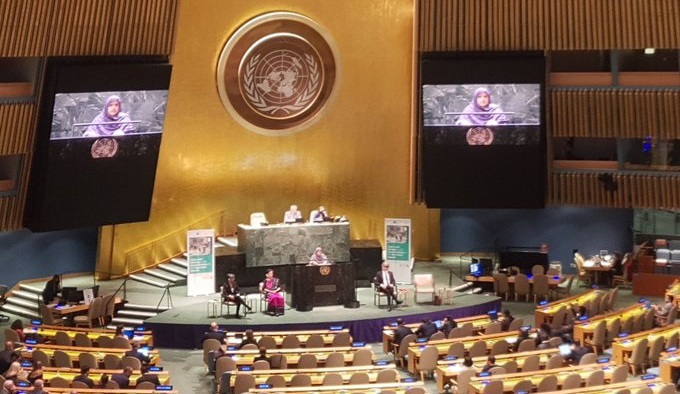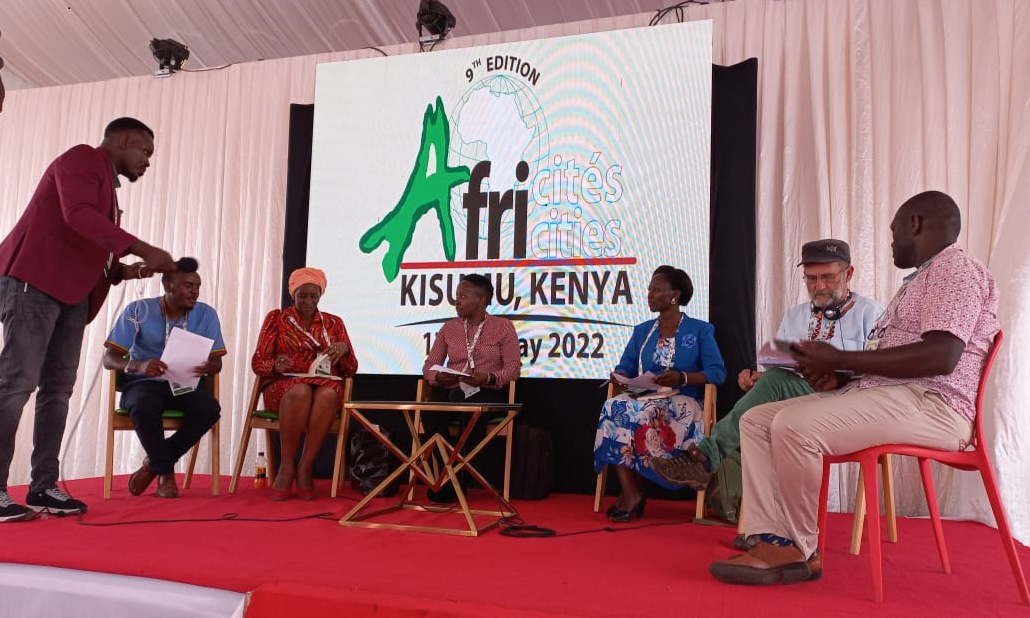Housing conditions of Naher El-Bared inhabitants
Almost one month has passed since the military events of Naher El-Bared ended. Displaced families were allowed gradually to return only to the area known as the new camp, till now a number of 1200 families out of 5000 have actually returned.
Families sheltered inside the schools were the first to be evacuated and were accommodated inside rooms built hastily by UNRWA. Each room measures 3x5sq.m with one door and one window, a sink serving as a kitchen, a zink roof leaking rain and holes in the un-plastered walls allowing rodents inside. Each room is a shelter to one family without consideration to the number of its members whether two or twelve. Water is available from tanks outside the rooms, a generator provides electricity few hours daily, but the most dangerous problem is that of the sewerage which flows through uncovered ditches causing threats of spreading diseases not to mention the foul smell. With the beginning of winter the whole area became muddy causing problems mainly for school children.
Due to the additional need for more houses UNRWA rented some flats inside the new camp and inside each flat at least three families were accommodated. Almost all the flats affected by the war have no windows or doors no running water or electricity. People are using nylon pads to close the windows which will not protect them from the cold weather and rain.
Following are the major problems facing the returnees:
- The unexploded ordnances undiscovered during the de-mining works, while accidents are still endangering the lives of the people.
- The accumulating garbage is hazardous to the health in spite of UNRWA’s efforts to clean and spray the area. Rotten dead bodies are still discovered under the rubble which also aggravates the hygiene conditions.
- Insufficient medical services and the lack of schools for children.
- Lack of privacy increases the stress mainly among women who are obliged to share houses with other families, which is also causing diverse social problems.
- The problem of searching the people at the army check points upon entering and leaving the camp. This is causing embarrassment for the women who are thoroughly and deeply searched, in addition to preventing a lot of youth from seeking jobs outside the camp.
- The lack of shops obliges women to fetch their daily needs from far away areas which means more searching at the check points, which are also spread between the different areas inside the camp.
- Some large families accommodated in the small rooms are divided between different shelters which is tearing apart family ties and unity.
- Domestic violence is increasing due to the deteriorating stressful conditions and this is directed mainly against women and children.
- People are worried about the destiny of the old camp which was totally destroyed and no one is still allowed to venture that area under the control of the army.
N.B: The old camp is the official camp recognized by UNRWA and entitled to its services. The new camp is the area were people, mainly those who worked in the Gulf or Saudi, saved some money bought pieces of land close to the old camp and built their private houses; this area known as the new camp is not recognized by UNRWA and not entitled to its services. The rising problem is who is going to compensate for those people loss of their properties? In addition to the Lebanese law that prevents Palestinians from owning property on passing it to their children.


